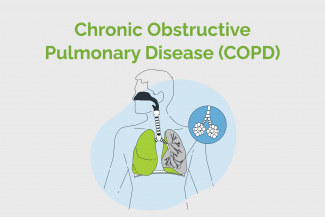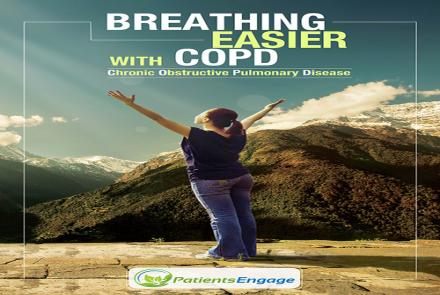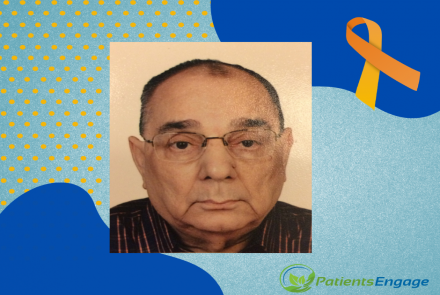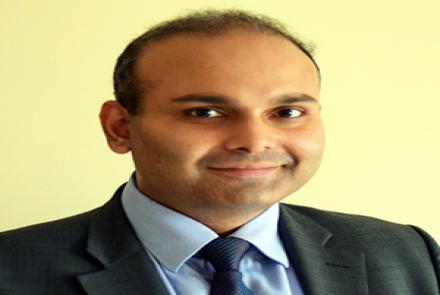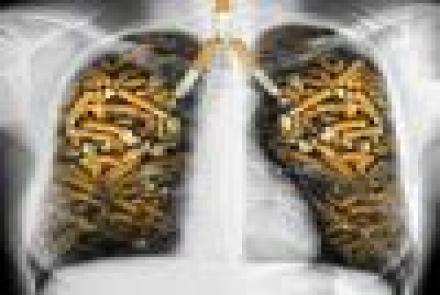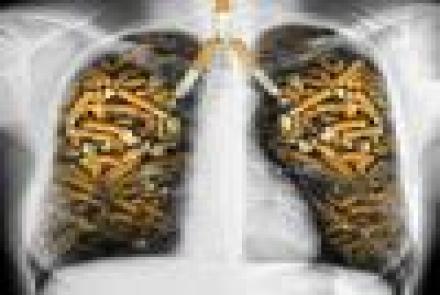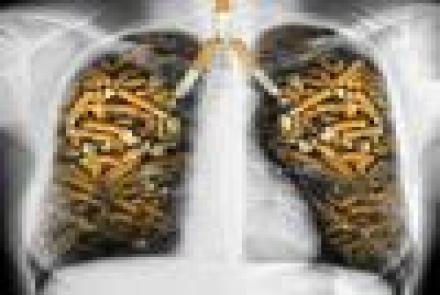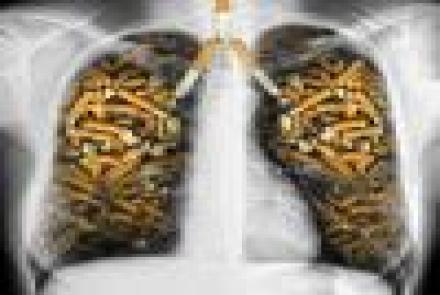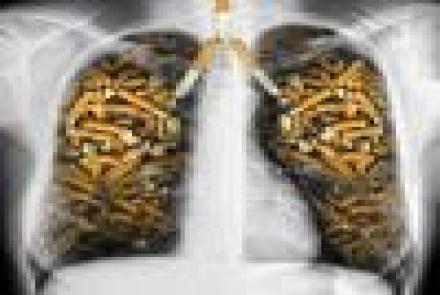Chronic Obstructive Pulmonary Disease (COPD) is a condition commonly referred to as “smoker’s lung” as tobacco smoke is the most common cause of COPD. It is also known as Chronic Obstructive Lung Disease (COLD). The World Health Organisation (WHO) estimates COPD to be at 4th place in the list of diseases causing death. It affects 9-10% of adults aged above 40.

- There is no known cure for COPD, but the symptoms are treatable and its progression can be delayed.
- For smokers, quitting smoking is a key priority.
- Supplemental oxygen, which can be supplied to the patient through masks and cylinders. This supplemental oxygen enables normal body functions in patients with COPD.
- Talk to your doctor about taking an influenza vaccination every year and a pneumococcal vaccination once every five years.
- If possible, reduce your exposure to environmental air pollution.
You may be prescribed some of the following medications:
- Inhaled bronchodilators to reduce shortness of breath and wheezing.
- Corticosteroids in inhaled form or tablets to treat and prevent acute exacerbations.
- Long-term antibiotics, specifically those from the macrolide class such as erythromycin, to reduce the frequency of exacerbations.
- Mucolytics which reduce the viscosity of mucus and brings relief from frequent excaberations. This is useful for patients who have very thick mucus.
Changed
30/Nov/2020
Condition

